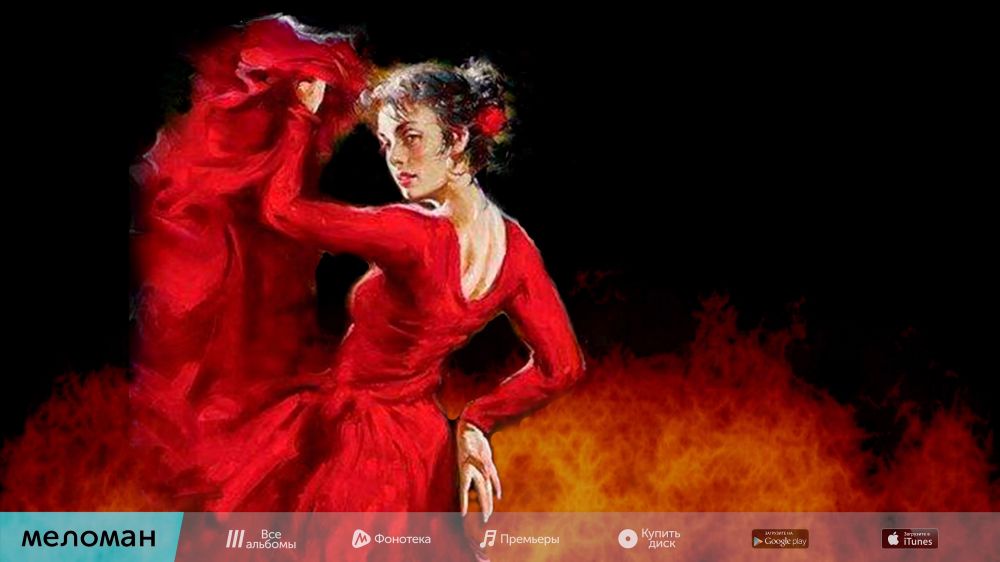雾蒙蒙雨霏霏
热爱音乐
歌剧《卡门》是法国作曲家比才的最后一部歌剧,完成于1874年秋。该剧在比才死后才获得成功。
主人公卡门的著名咏叹调《爱情像一只自由的小鸟》是十分深入人心的旋律,充分表现出卡门豪爽、奔放而富有神秘魅力的形象。卡门被逮捕后,龙骑兵中尉苏尼哈亲自审问她,可她却漫不经心地哼起了一支小调,此曲形象地表现出卡门放荡不羁的性格。还是这一幕中,卡门在引诱唐·豪塞时,又唱出另一个著名的咏叹调,是一首西班牙舞蹈节奏的迷人曲子,旋律热情而又有几分野气,进一步刻画了卡门性格中的直率和泼辣。
Que nul ne peut apprivoiser
Et c'est bien en vain qu'on l'appelle,
S'il lui convient de refuser.
Rien n'y fait, menace ou prière,
L'un parle bien, l'autre se tait
Et c'est l'autre que je préfère
L'amour, l'amour, l'amour, l'amour!
L'Amour est enfant de Bohême,
Il n'a jamais, jamais connu de loi,
Si tu ne m'aime pas, je t'aime,
Si je t'aime, prend garde à toi! (Prends garde à toi)
Si tu ne m'aime pas si tu ne m'aimes pas je t'aime (Prends garde à toi)
如果你不爱我,你不爱我,我偏偏爱你
Mais si je t'aime si je t'aime prends garde à toi!
But if I love you I love you so beware! 如果我爱上你,你可要当心!
L'oiseau que tu croyais surprendre
The bird you thought to surprise
Battit de l'aile et s'envola;
L'amour est loin, tu peux l'attendre;
Love is far away, you can wait; 爱情很遥远,你可以等待
Tu ne l'attend plus, il est là!
You do not expect more, there it is! 你别再等待,它就在这里!
Tout autour de toi vite, vite,
All around you, quickly, quickly, 就在你旁边,快,快!
Il vient, s'en va, puis il revient!
It comes, goes, then it comes back! 它来来去去,回了又离!
Tu crois le tenir, il t'évite;
You think to hold, it avoids you; 你以为已拥有,它却躲开
Tu crois l'éviter, il te tient!
You think to avoid it, it holds you!你以为已躲开,它却捉住你




